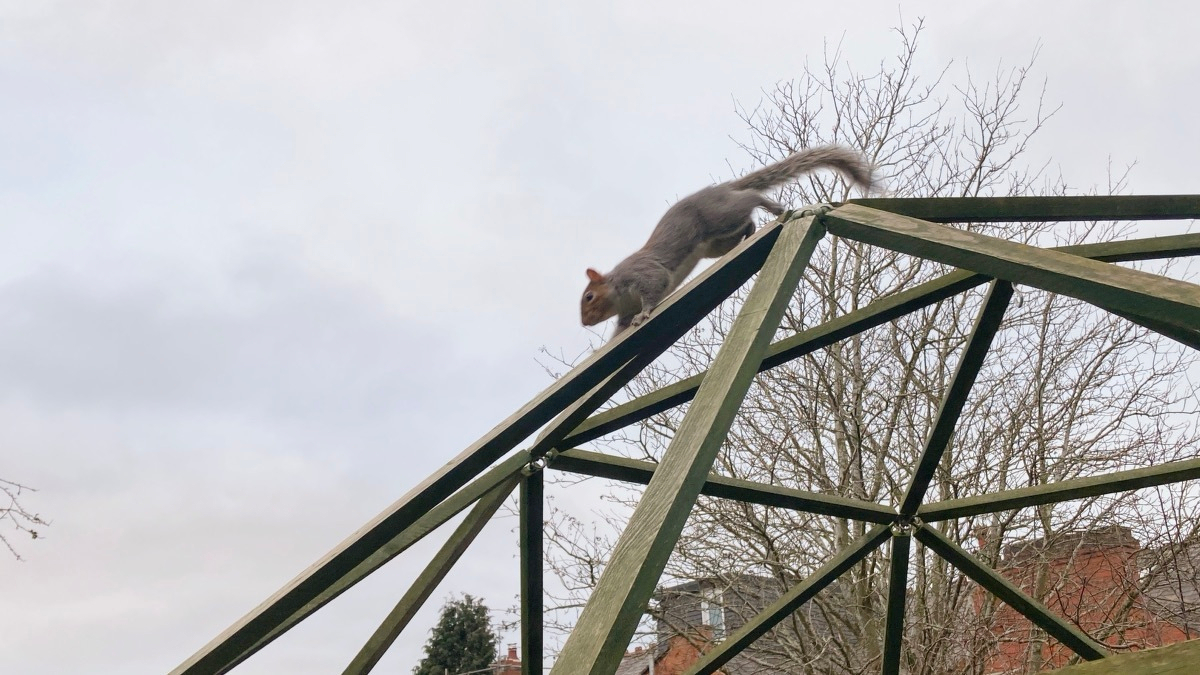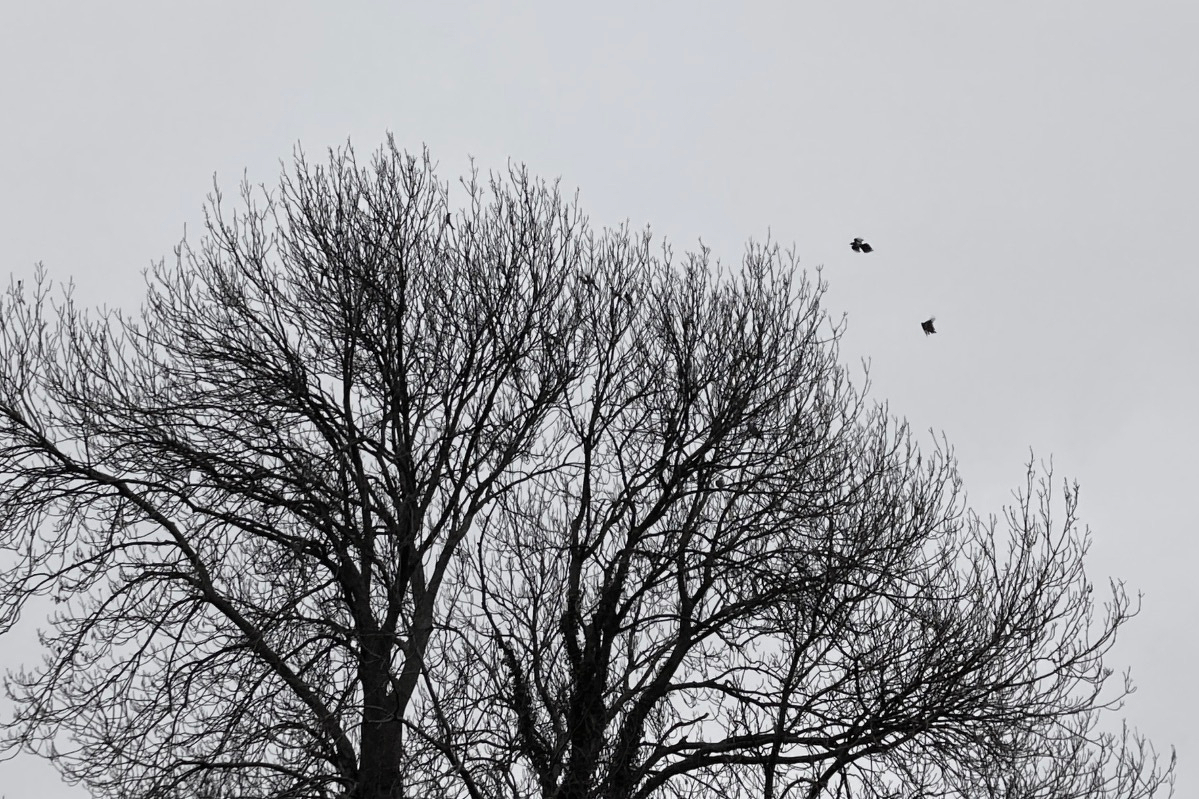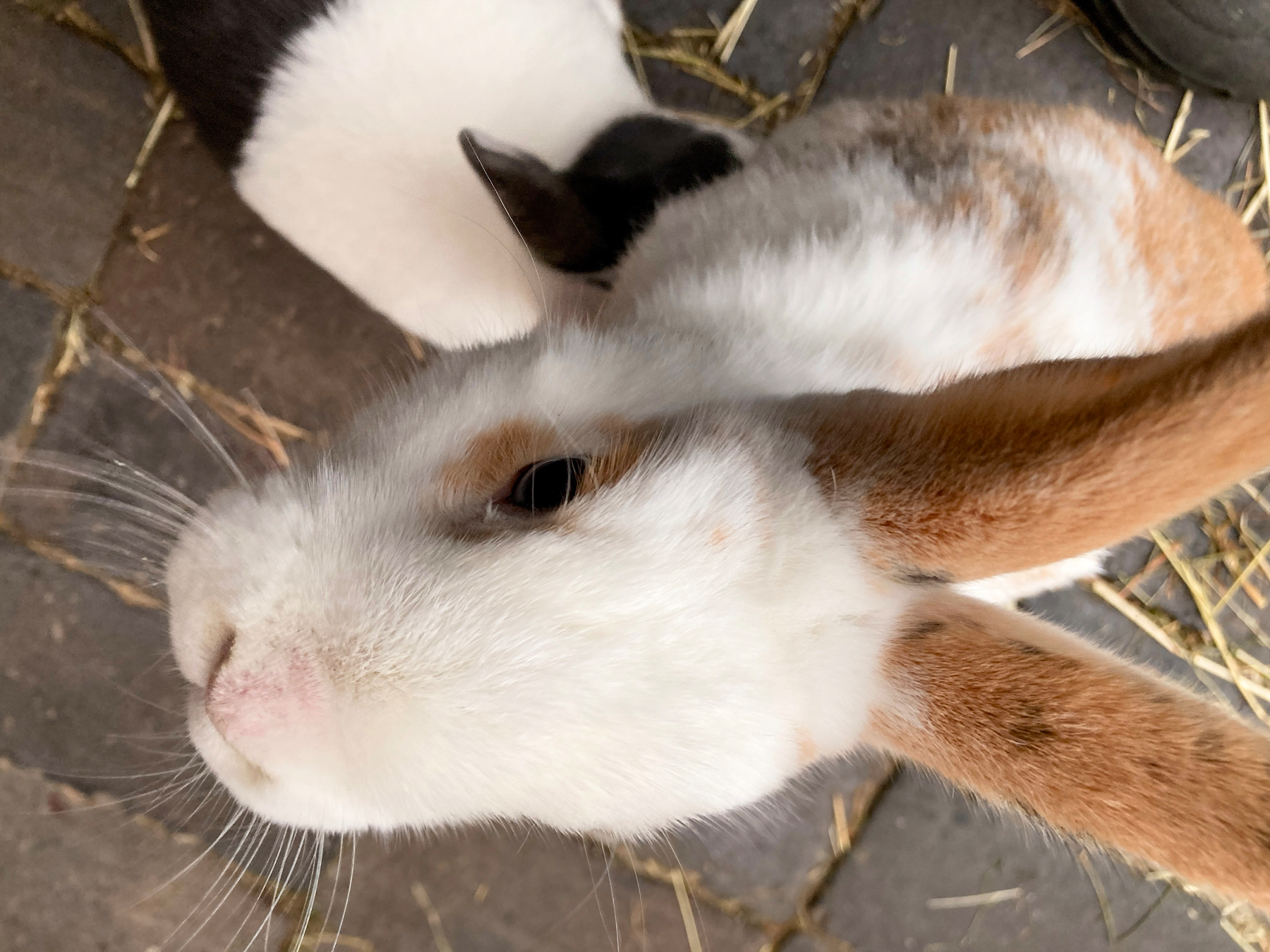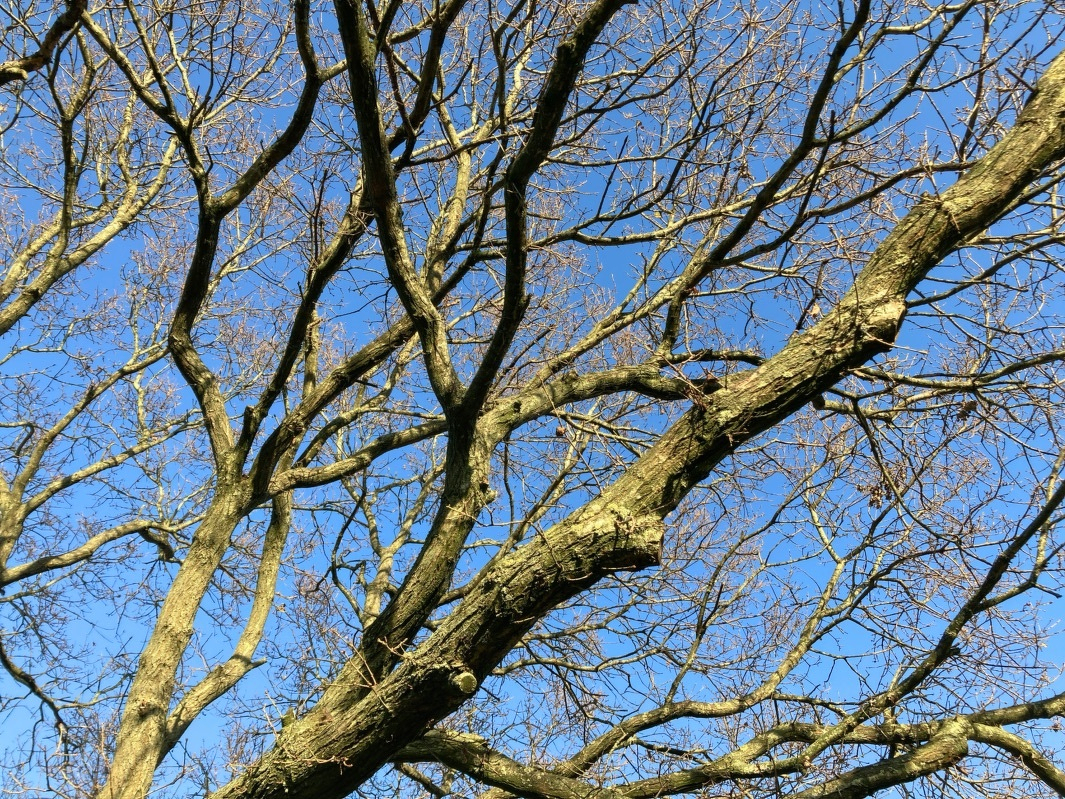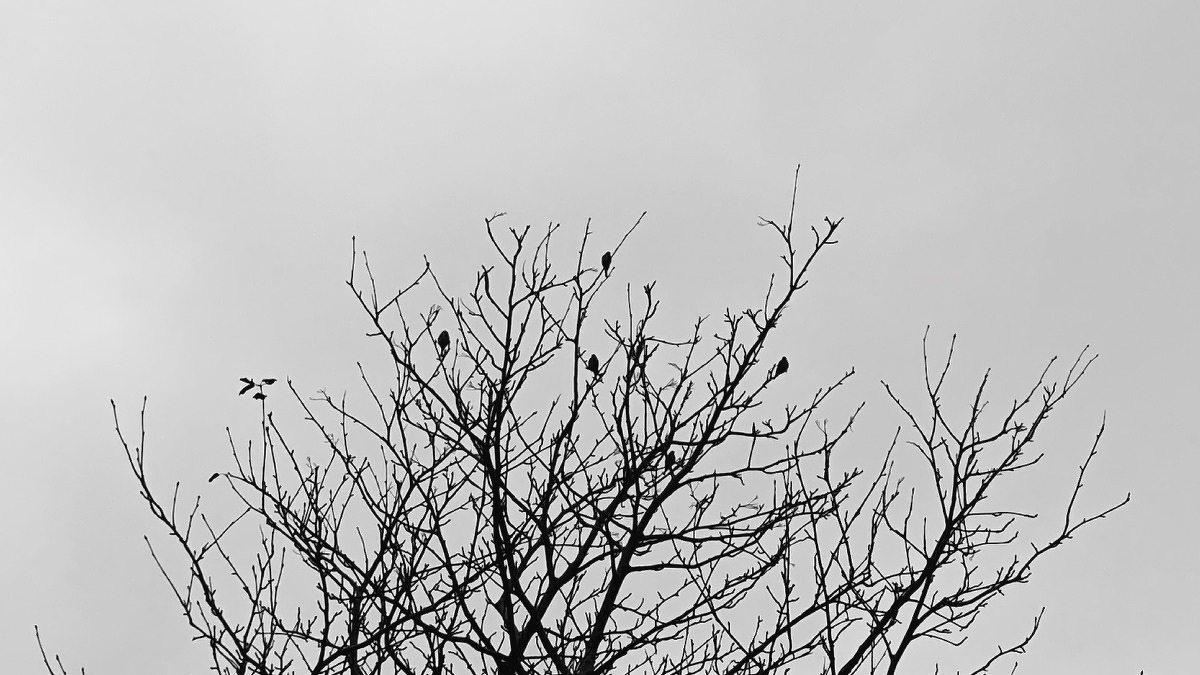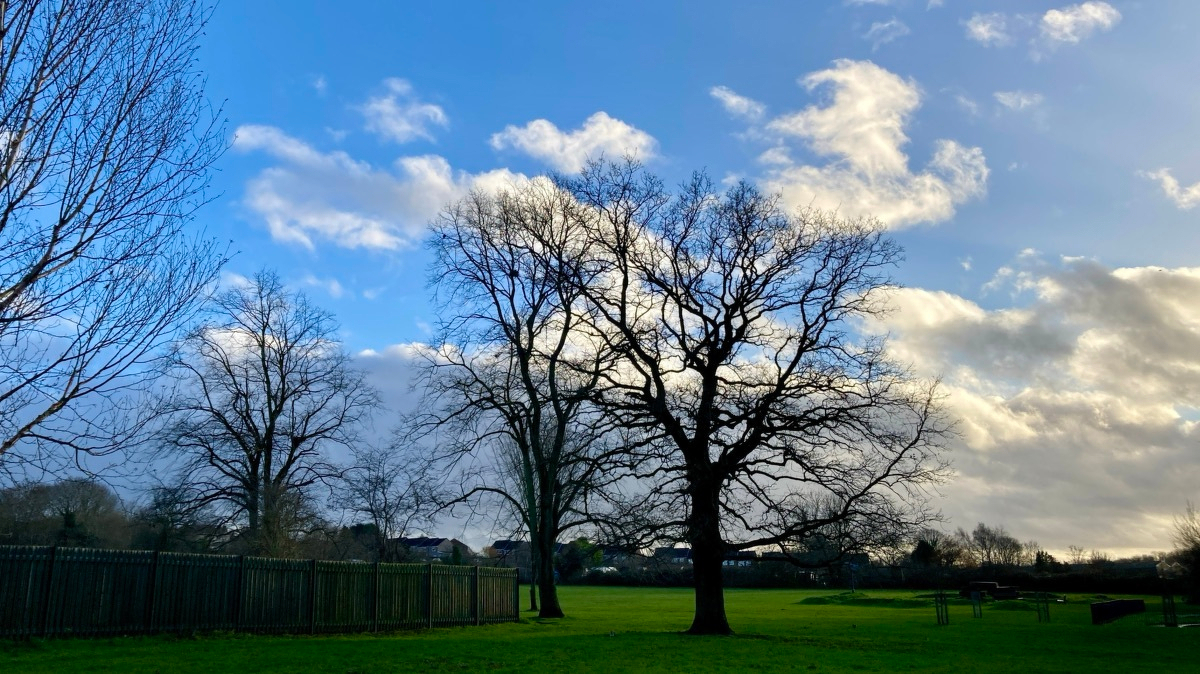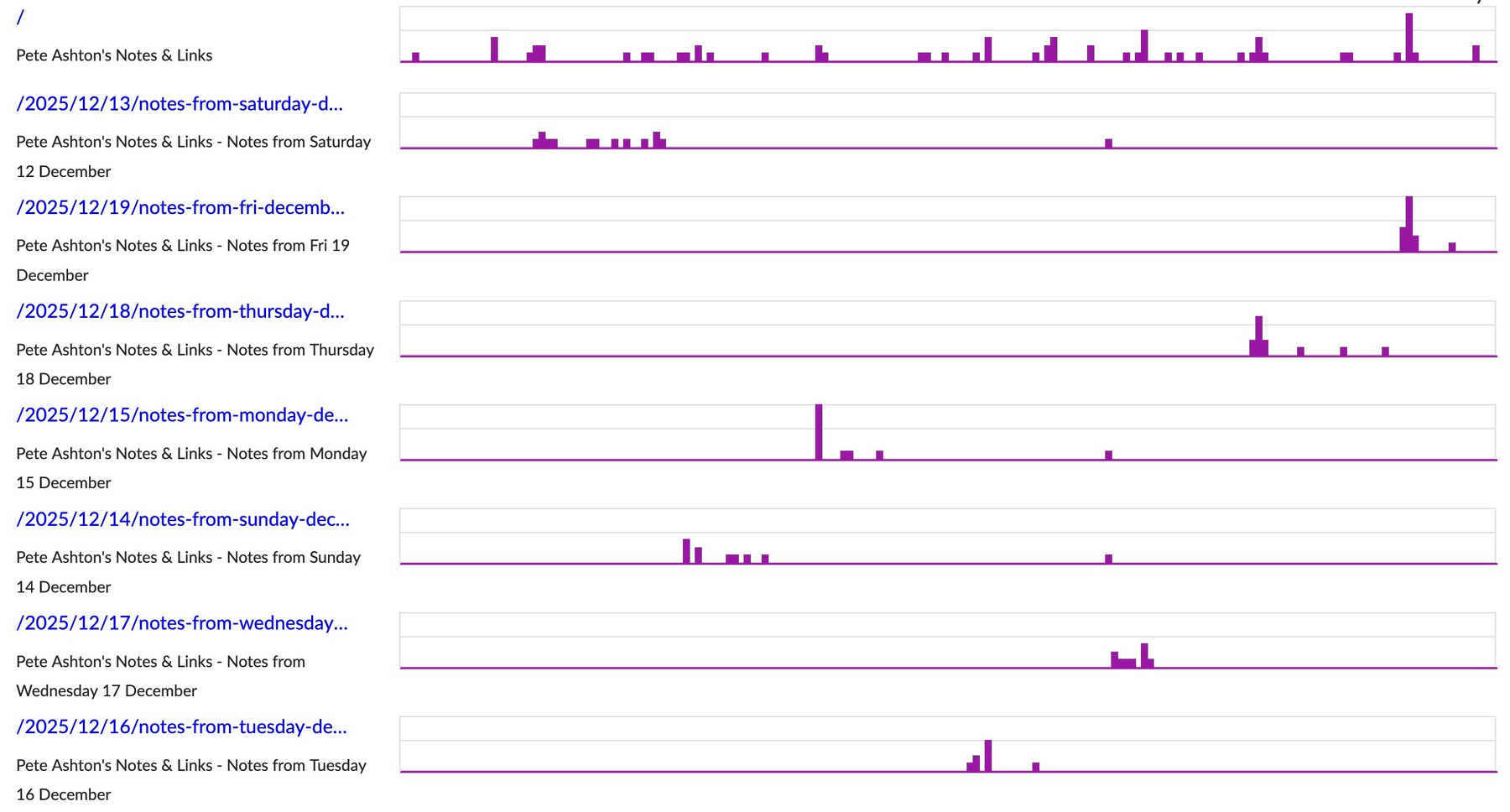⦾ Notes from Sunday 11 January
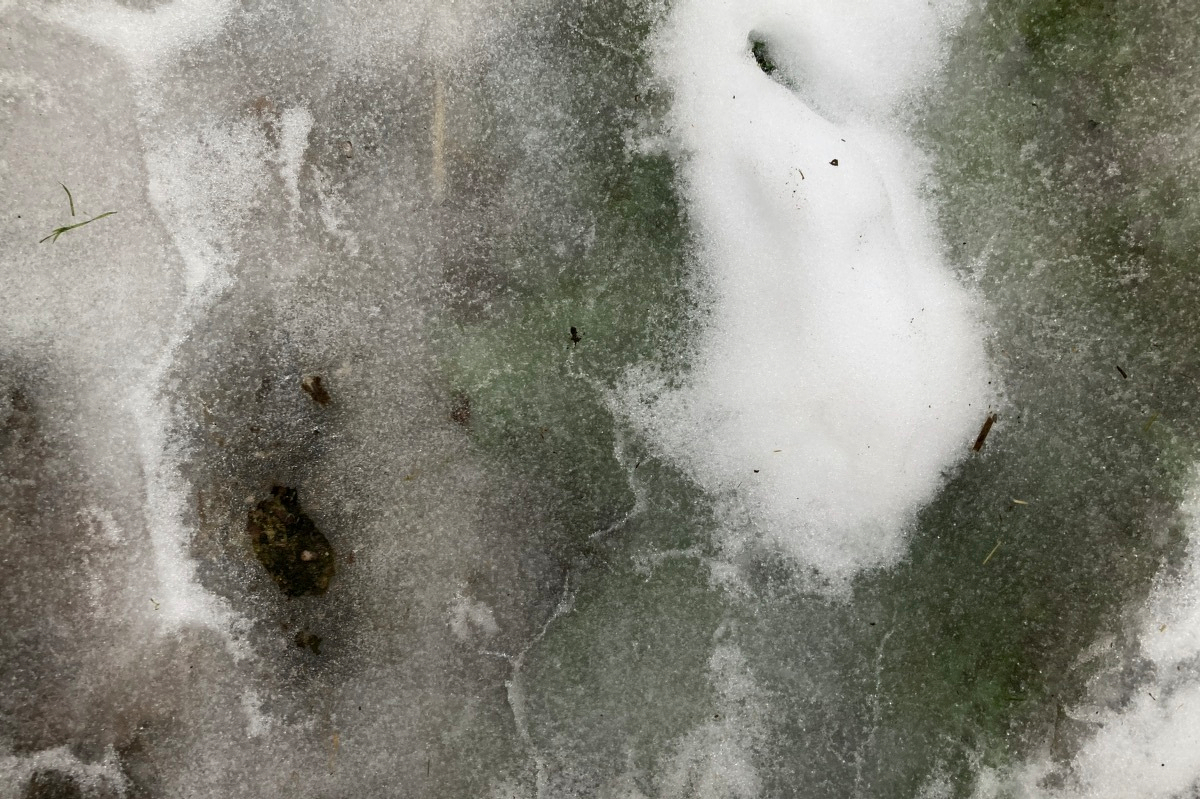
Flying low over the garden
Status:
-
Took a zopiclone last night to get my sleeping back on schedule and was out like a light. I have a few left over from before my doctor got permission from the CFS specialist to prescribe me melatonin and maybe take one every 2-3 months when things swing a bit too nocturnal. I was developing a bit of a tolerance back then so it’s good to see that’s worn off.
-
Got a notion in my noggin about organic photo developing, wondering if there’s some way to combine composting with photography. It’s a very loose notion and I’m not making any plans, but I’m intrigued by these “mud photos” developed using a mix of coffee grounds and wood ash, and this research into plant-based developers. Probably not places I’d want to end up, but definitely related.
-
Speaking of photography, my Flickr subscription runs out at the end of the month and they’ve raised the price to £74 a year. Since I barely use the site anymore and am just keeping it as a linkable archive it might be time to call it a day after 21 years. But I would like to have it as a static website so I had a look at this thing on Github which quickly gave me a stress headache at the prospect of it all going horribly wrong, so I stepped away and asked a friend for help. I think I have mild PTSD from trying to be a digital artist.
-
I see the BBC are showing Nuts in May for its 50th. My brain always gets the plot mixed up with Sightseers so looking forward to getting that straightened out again.
Overnight listening:
Reading:
- Ten notes on the US attack on Venezuela
- John Harris: The UK’s high streets have reached a tipping point – and Reform will reap the benefits













